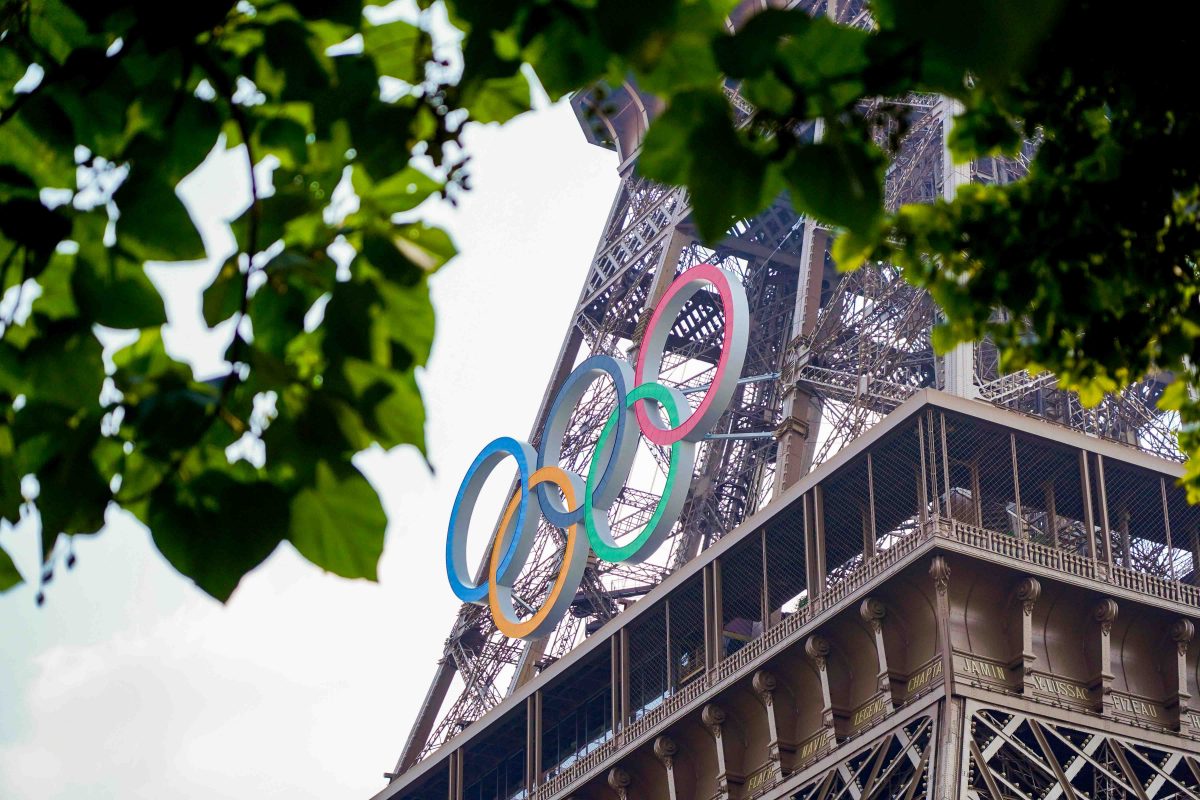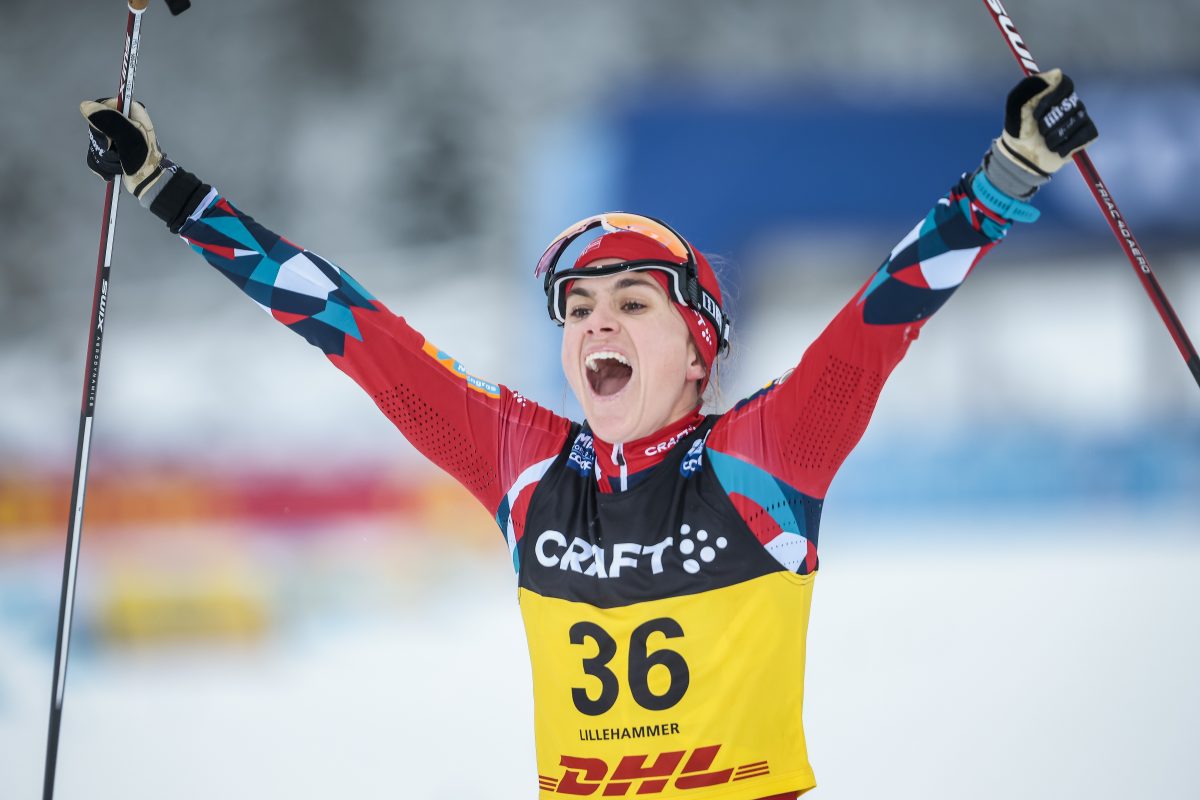Kris Freeman was born in Andover, NH in 1980, began ski racing at age five, and hasn’t stopped since. Freeman won J2 Nationals at 15, took 8th in the sprint at World Juniors at 18 and is the only male junior besides Bill Koch to ever win a Senior US National Title.
Freeman was named to the US Ski Team in 2000 and has since won the 2003 U-23 30K classic race in Italy, placed 5th in the 2004 World Cup 15k classic in Switzerland, and 5th in the World Cup 15k classic in 2007 in Finland, among several other outstanding finishes in distance events. Diagnosed with diabetes in 2000, Freeman has proved that he can be competitive at an elite level by paying careful attention to his nutrition and by using the “inconvenience” of his health to be “more aware of [his] goals and more dedicated to achieving them.”
Freeman plans to ski through the 2014 Olympics and then continue his education. When Freeman is not competing in ski races, he enjoys hammering in the Top Notch Triathlon in New Hampshire and listening to music with his Bose noise canceling headphones.
 Birthdate: October 14, 1980
Birthdate: October 14, 1980
Hometown: Andover NH
Current Residence: Thornton NH
Ski Club: Waterville Valley
Status on U.S. Ski Team: World Cup
Height: 5’11”
Weight: 175
Best Results: 5th 4x10k relay 2002 Olympics, Under 23 world champion 30k classic 2003, 4th world championships 15k classic 2003, 6th world cup 30k skate Italy 2004, 5th world cup 15k classic Davos Switzerland 2004, 10th world cup 15k skate Cancun China 2007, 5th 15k classic world cup Kuusamo Finnland 2007
Sponsors: Eli Lilly, Lifescan, Fischer, Alpina, Swix, PowerBar
Full Interview
When did you start ski racing, and what were some highlights of your young skiing career?
I skied my first race at 5. I won J2 Junior Nationals when I was 15, At 17 I took 27th in the 30k classic at Junior Worlds, I was 8th in the Sprint at World Juniors the following year. I was also the only male junior besides Bill Koch to ever win a Senior US National Title
Who has been the most influential person for you, whether as a skier or a person?
Bill Koch was a maverick that was always searching for a new way to get faster. He had no fear of the Scandos and he beat them.
Where is your favorite place to ski, where is your favorite place to race, what is your favorite part of the season, what are your favorite ski conditions?
My favorite place to ski is Waterville Valley, which is convenient since I live 10 miles from it. I don’t have a favorite place to race. The tracks are the same no matter where I am when I am skiing well. Extra Blue of course..
What drives you to succeed at the highest possible level, and what are your short term and long-term goals as a skier?
When I was diagnosed with Diabetes the first doctor I saw told me that I could not compete at an elite level with the disease. I have proved him wrong but I still use that terrible day as motivation to win an Olympic medal.
Do you have any consistent training partners? Do you prefer training alone or with others?
I prefer to do easy distance training (which is by far the majority of my training) by myself. Time goes by faster when I train alone and I find it easier to focus on technique. I like to do intensity workouts with people. When I am at home I do my running intensity with my brother. He can beat me on flat courses but I am consistently faster on hill climbs. I schedule my main intensity blocks for ski team training camps so that I can hammer with my teammates.
What is your favorite on snow and dryland workout?
I love on snow over distance work. Double pole intervals are probably the most fun dryland training.
What do you enjoy doing besides skiing?
Hanging out with my girlfriend.
Have you always wanted to be a professional ski racer?
Being a professional skier was always a dream of mine. I had ski posters hanging in my room when I was five and I would look at them and think about how cool it would be to be on one of them.
If you weren’t ski racing, how would you be employed? Do you have any other means of employment to support your ski career?
I have no other means of employment.
How long do you think you will ski professionally? What do you see yourself doing after you finish your ski career?
Right now I am planning to ski through the 2014 Winter Olympics. I will continue my education after I finish my skiing career.
What was your experience like at UVM? What factored into your decision to attend, and then to leave before graduating?
I left UVM because when I was sitting in class all I wanted to do and all I thought about was skiing. I missed the first three weeks of the second semester while I was racing at US Nationals and World Juniors. When I came back to school my professors looked at me and asked who I was. When I got an offer to leave school and be supported by the US Ski Team in Park City I was ready to fully commit to skiing.
Do you enjoy racing/competing in other sports during the offseason?
I do running races and triathlons from time to time.
What are some favorite non-skiing competitions?
I really enjoy the Top Notch Triathlon which is an unconventional race that consists of a six mile MT Bike Hill Climb, continues with a half mile swim across a lake and concludes with a two mile run up the alpine slopes of Cannon Mountain.
How do you pass the time while traveling? Do you have an essential item that you bring with you everywhere?
I pass the time by counting the minutes until I arrive. Bose noise canceling headphones make the overcrowded airlines more tolerable.
What does your diet consist of? Do you have a favorite pre-race dinner and breakfast? Do you enjoy eating foreign food when you travel?
I like to eat a consistent diet of whole grains, fruits, vegetables, and lean meat. I don’t like to deviate much from my regular diet because I know exactly how much insulin to inject with my regular meals. For that reason I don’t like eating foreign food. My favorite pre-race dinner is pasta with beef sauce and my favorite pre-race breakfast is oatmeal.
How do you handle having diabetes? How has diabetes negatively—or positively—affected your skiing career and life?
Diabetes has forced me to learn more about the nutritional makeup of the foods I use to fuel my efforts. Great nutrition is essential to skiing fast. Diabetes is a huge inconvenience but it has made me more aware of my goals and more dedicated to achieving them.
What’s one thing people would be surprised to know about you?
I ski jumped until I was 16. My longest jump was 91 meters on the Lake Placid K90.




